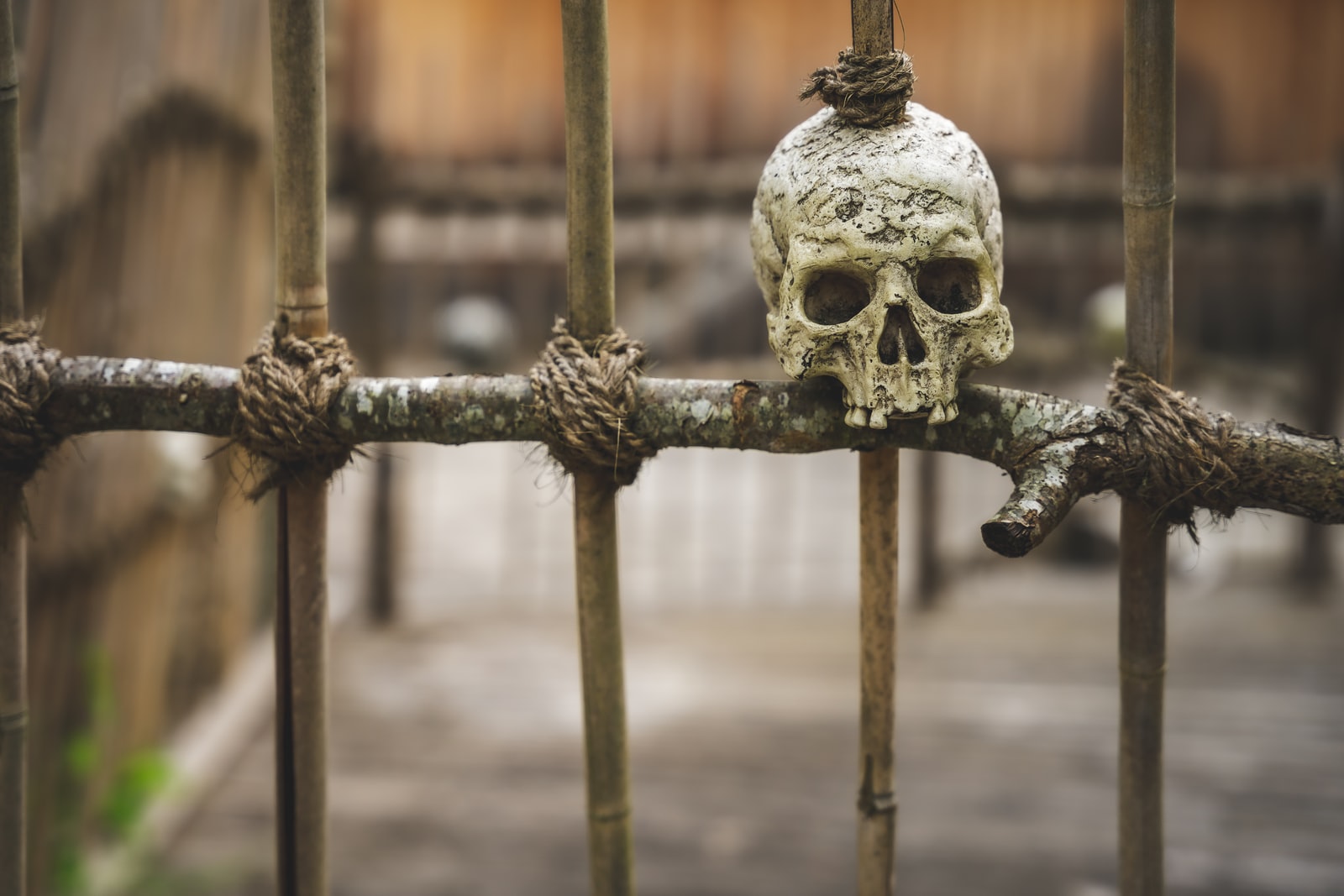“It’s better to be a pirate than join the Navy,” said Steve Jobs.
“To live outside the law you must be honest.” sang Bob Dylan.
They were both right just not in the way they imagined because these are applicable to where Web3 is heading.

Why?
Pirates of the 17th and 18th centuries are utterly fascinating. Pirates and other social bandits adopted social mechanisms which can be summarized as libertarian, democratic, federal, egalitarian, fraternal, and communal.
Long before the American or French revolutions, pirates were living — more or less — according to the principles of freedom, liberty, and equality. Pirates, in effect, were pioneers in democracy.
They developed a system of checks and balances and created a representative legislative body with certain reserved powers. Perhaps most importantly though, the Pirate Codes were revolutionary in their method of taking power away from any one man, and placing it in the hands of the majority.
On the surface, pirates are just like the pioneers of Web3. Aside from the obvious negative connotations of robbery and plunder (NFT rug pulls for example) their ideas of democracy and equality were truly ahead of time.
Code is Law
Pirates had a code, just as Web3 organizations via smart contracts have code, and that code is law.
The first rule of one particular pirate code reads, “Every man has a vote in affairs of moment,” securing, at the start, a man’s right to participate in the selection of the captain and other officials.
With this right in place, each crew elected a captain who was granted total power only during times of distress. The crew, rather than the captain, maintained the authority to determine where a voyage was headed, and whether to attack a particular ship or village.
“To cooperate for mutual gain — indeed, to advance their criminal organization at all — pirates needed to prevent their outlaw society from degenerating into bedlam.”
Peter Leeson
See, pirates needed order and structure and even Web3 Degens need to avoid the descent into chaos themselves.
Pirates elected a Captain and Quartermaster — the latter added further checks and balances that could veto the Captain’s orders if they were not in the interests of the crew. There was another more powerful check on captains and quartermasters was that they did not hold their positions by natural right or blood or success in combat; the crew elected them and could depose them.
And when questions arose about the rules that governed behavior on board, interpretation was left not to the captain but to a jury of crewmen.
The Pirate Council (the term used to refer to the members of the pirate crew) was responsible for removing officers from their positions and then choosing new candidates to fill those positions. Pirate crews had the option of deposing any captain they deemed to be abusive or of exceptionally poor judgment.
“there is so little government and subordination among the pirates that they are, on occasion, all captains, and all leaders.”
Decentralize or be damned?
This is why the idea of a fully Decentralized Autonomous Organisation (DAO) won’t work, no matter if “code is law” or not. We’ve seen the early fruits of DAOs become a complete mess, whether used by hackers to social engineer and obtain authority by majority through the ownership of the tokens or by raising money to then completely squander it through the collective ignorance of the entire decentralized structure.
DAOs still need a Captain and a Quartermaster. DAOs remind me of Holacracy and that didn’t turn out so well in the end for companies like Zappos.
In the 2nd volume of A General History of the Pyrates (published 1728), Captain Charles Johnson tells the tale of Captain Mission and his pirates, who established a utopian republic on the island of Madagascar. They called it “Libertalia,” where societies would be based on the ideals of liberty, equality, and fraternity.
These pirates who settled in Libertalia would be “vigilant Guardians of the People’s Rights and Liberties”; they would stand as “Barriers against the Rich and Powerful” of their day. By waging war on behalf of “the Oppressed” against the “Oppressors,” they would see that “Justice was equally distributed.”
Of course, Libertalia has been debunked as a total myth but it does sound a lot like the ideals of Web3, the NFT movement, and why cryptocurrencies are associated so strongly with freedom from the current world order.
But in the end, even pirates understood that true freedom still required governance amongst themselves and Web3 will undoubtedly follow suit — it’s the missing piece right now across the entire industry in fact.
Web3 has failed to self-regulate as it evolves because the industry is so focused on iterating and building at speed, the side effect has been real acts of piracy happening all around. The result of this has now started seeing the old world taking notice and stepping in.
The UK now recognizes that NFTs are an asset that requires consumer protection. There are mortgages and loans granted against virtual assets and cryptocurrency holdings despite the volatility. Hedge funds are including Bitcoin and other Web3 assets in portfolios. Financial institutions are buying up virtual real estate in a digital land grab.
The real world is catching up. A lot like how it did to the pirate society of old.
Web3 is like piracy.
There are echoes of the same democratic and economic ideals of liberty, self-governance, and community. Pirates understood how to be successful at it and while Web3 ignores the lessons of piracy from 400 years ago, with a little tweaking perhaps it can be just as successful but also resist losing itself completely to authority.
This article was originally published by Meta punk at: Web3 is like piracy and that’s a good thing.
For more market insights, check out our latest Digital Twin news here.













